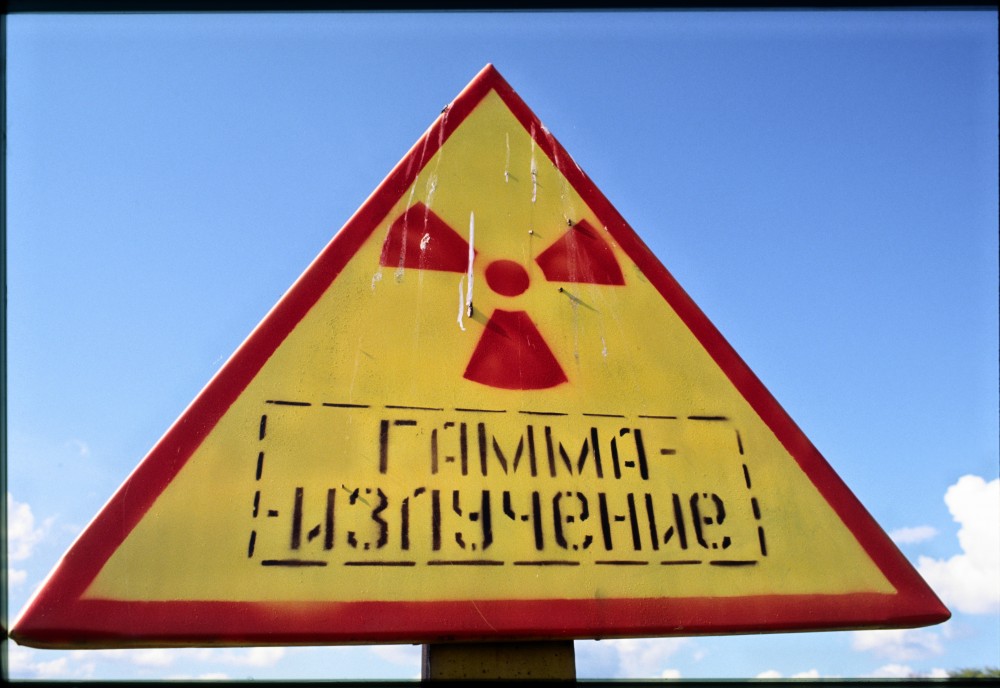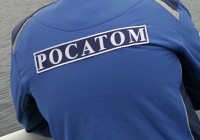
Russia’s Nuclear Monitors ‘Went Silent’ Following Rocket Explosion – WSJ
ADVERTISEMENT
Two of Russia’s nuclear radiation monitoring stations went silent two days after a mysterious explosion that led to a radiation spike in northern Russia earlier this month, The Wall Street Journal reported.
Russian officials say at least five nuclear engineers were killed during a rocket test involving “isotope power sources” on a platform in the White Sea, leading to outside speculation that the accident involved a nuclear-powered cruise missile. Four international stations designed to monitor nuclear activity had detected “an event coinciding with the [Aug. 8] explosion in Nyonoksa, Russia,” the world’s main nuclear test-ban body said on Aug. 10.
The Dubna and Kirov stations told the Comprehensive Nuclear Test Ban Treaty Organization (CTBTO) they were experiencing “communication and network issues” shortly after the explosion, its chief Lassina Zerbo told The Wall Street Journal.
The two stations are part of an international network of more than 300 stations set up to verify compliance with the Comprehensive Nuclear Test Ban Treaty (CTBT). They are the closest Russian stations to the Arkhangelsk region where the blast took place.
“We are pending further reports on when the stations or the communication system will be restored to full functionality,” Zerbo was quoted as saying Sunday.
Daryl Kimball, the head of the Arms Control Association NGO, called the data disruption “a very odd coincidence.”
“It is probably because they want to obscure the technical details of the missile-propulsion system they are trying and failing to develop,” The Wall Street Journal quoted Kimball as saying. “But this is not a legitimate reason to cut off test-ban monitoring data transmissions.”
ADVERTISEMENT
Russia ratified the CTBT in 2000, but the treaty is yet to come into force because other nuclear technology states have not yet ratified it.
The U.S. accused Russia this year of violating the treaty by conducting low-level nuclear tests.
“Nuclear tests cannot be carried out secretly,” senior Russian lawmaker Vladimir Shamanov had said in response to the allegations at the time.
This article first appeared in The Moscow Times and is republished in a sharing partnership with the Barents Observer.
ADVERTISEMENT
The Barents Observer Newsletter
After confirming you're a real person, you can write your email below and we include you to the subscription list.




